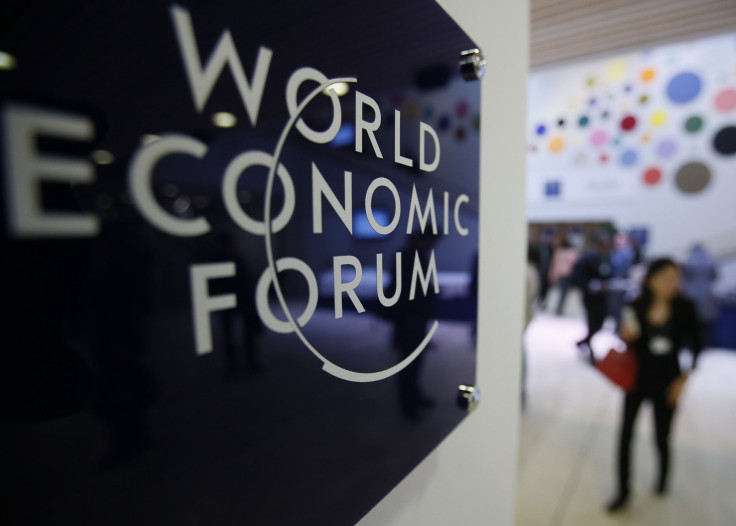At 2013 World Economic Forum, Marriott And Hilton Propose ‘Smart Visas’ To Revolutionize Global Travel

Hospitality giants Hilton Worldwide and Marriott International came to the 2013 World Economic Forum in Davos, Switzerland, with a message for global business leaders: If you want to create new jobs and spur economic development, encourage your governments to act quickly on “smart visas.”
According to the hoteliers, the term refers to “safe, secure and sustainable solutions that promote mobility, maximize the use of technology and expand programs that facilitate travel while removing process inefficiencies caused by arduous visa requirements.”
Essentially, the idea entails increased data collection and inter-governmental sharing to enhance security, customer experience and government spending on border controls.
Hilton and Marriott, which together represent more than 7,000 hotels in 90 countries, are working with the World Economic Forum Governors for the travel, tourism and aviation industry to spur global action on smart visas regionally by 2015 and globally by 2020.
Christopher J. Nassetta, president and CEO of Hilton Worldwide, believes that enabling greater international travel is “the low-hanging fruit” that can create substantial economic growth and employment.
“In 2012, the UN World Tourism Organization reported that more than one billion people traveled outside their borders -- a tremendous catalyst for global commerce and new jobs,” he said.
Eased visa restrictions, Nassetta believes, equate to increased visitation and, thus, more foreign revenue.
Turkey, for example, more than doubled its international visitation over the last decade by implementing a visa-on-arrival scheme. Australia and the United Arab Emirates have both augmented the use of simplified electronic visas, while new visa-free travel options in Beijing and Shanghai have also spurred growth. Now the ASEAN nations, too, are moving toward a common regional visa in order to promote economic development.
President Barack Obama pushed through several initiatives in his first term that successfully increased inbound travel to the U.S., including expanding the visa waiver program to new locations and bringing wait times for in-person interviews in nations like China, Brazil and Mexico down to under a week. As a result, the U.S. travel industry added 81,000 jobs in 2012.
The World Travel and Tourism Council estimates that the industry as a whole employs more than 98 million people worldwide and accounted for 9.1 percent of total worldwide GDP in 2011.
“Smart governments are thinking about international travel and tourism as trade, and they are doing everything they can to remove barriers and be more strategic in addressing visas and other access issues that discourage people from traveling and doing business,” said Arne Sorenson, president and CEO of Marriott International.
Sorenson called on world leaders “to be visionary about a future world of interconnected markets.” If they are, he said the end result could be 2 billion world travelers in the next decade.
© Copyright IBTimes 2025. All rights reserved.






















